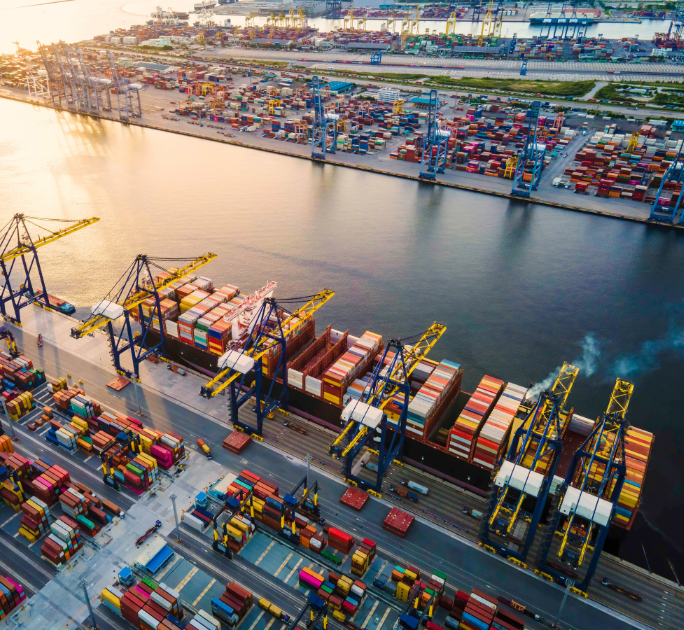Navigating volatility: the growing strategic role of FDI in Asia

In a global economic environment defined by rate uncertainty, tariffs and trade fragmentation and weak external demand, Foreign Direct Investment (FDI) is becoming even more important than before for Asian economies—as a tool to build strategic resilience over the long term.
The coming months are going to be tricky for Asian economies, particularly emerging ones, where growth has traditionally relied heavily on external demand. With exports essential to the region’s economic resilience, the IMF’s recent downgrade of its global growth forecast—to 2.8% in 2025 and 3% in 20261—augurs a period of lingering uncertainty for the region’s economies.
“Ongoing uncertainty around tariffs will impact investment and economic activity in Asia Pacific. Investment flows will either be subdued or rewired as companies look to navigate the rapidly evolving tariff landscape and build resilience,” Eric Xu, Head of FDI Desk and Executive Director, Metals and Mining at DBS, says.
President Trump’s “Liberation Day” tariffs2, announced in April, immediately threw companies’ investment plans into disarray, given pronounced uncertainty around tariffs on exports to the US. The pause on the tariffs3 and the temporary reduction in tariffs on Chinese imports into the US4 notwithstanding, investment plans have been put on hold as companies do not know what tariffs their products might be faced with in the months (or weeks) to come.
A recent episode of DBS Bank’s Kopi Time podcast sees our chief economist Taimur Baig speak with Krishna Srinivasan, the head of the IMF’s Asia Pacific department, about Asian economies’ economic prospects and the fundamental challenges facing the region’s longstanding export-led growth model. Amidst rising geoeconomic fragmentation and trade tensions, there’s potentially a need for the region to focus more on domestic demand, while preserving trade integration.
The podcast discussion also touches upon macro-financial concerns that policymakers in Asia must navigate—including deflationary pressures in economies such as China, high debt burdens across different sectors and economies, financial stability risks and other vulnerabilities.
Mounting macro-financial pressures mean that FDI has become more important for Asian economies than ever before. FDI offers stable and long-term financing that can help shield from external shocks and volatility. Most importantly, inward FDI is essential in helping countries respond to the evolving tariff landscape by diversifying trade and investment ties. This is in addition to transfers of technology and productivity enhancement that potentially accompany incoming FDI.
The podcast discussion offers a sobering view of the challenges faced by Asian economies, and the options that lie ahead for governments as they look to steer their economies through the uncertainty. With geopolitical shifts and tightening financial conditions, there’s a rethink of how and where to deploy capital. Asian economies are mindful of that.
To find out more about DBS Bank’s FDI- and trade-related services: https://www.dbs.com.sg/corporate/solutions/foreign-direct-investment
Listen to the full podcast featuring Krishna Srinivasan, Head of the IMF’s Asia and Pacific Department, available at: https://youtu.be/GBOGPgZUDsc
#DBSBank #FDI #investment #Asia #Chia #fragmentation #kopitime #globaltrade #tariffs #IMF #growth #liberationday #trade #emergingAsia
[1] https://www.imf.org/en/Blogs/Articles/2025/04/22/the-global-economy-enters-a-new-era
[2] https://apnews.com/article/trump-tariffs-liberation-day-2a031b3c16120a5672a6ddd01da09933
[3] https://www.bbc.com/news/articles/cz95589ey9yo
[4] https://apnews.com/article/china-us-switzerland-tariffs-negotiations-b3f5174d086e39b2522ab848ddad9372



